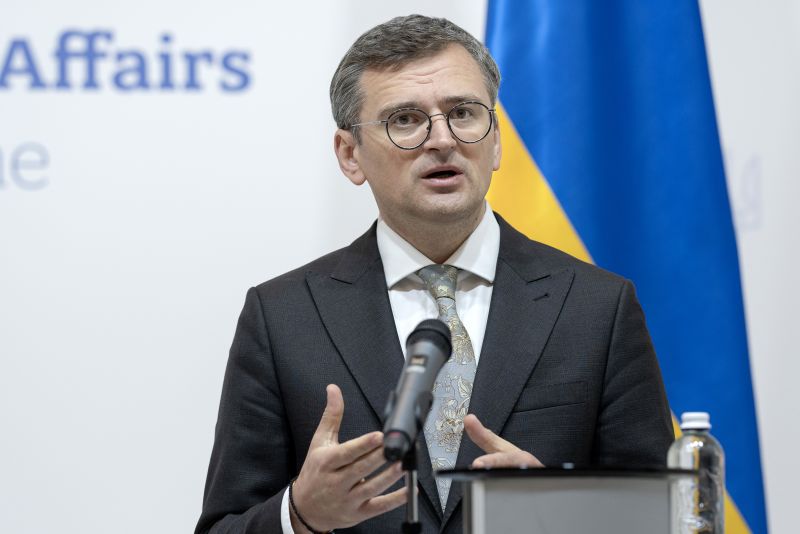In the complex theatre of contemporary politics and conflict, Ukraine’s Foreign Minister Dmytro Kuleba has taken a stand, blaming battlefield setbacks on what he sees as international complacency. He lays the friction squarely on the shoulders of ‘everyone who is not doing enough’. This rhetoric colours a picture of Ukraine as a resilient nation seeking support amidst volatile geopolitical movement.
Kuleba’s comments come as sharpened critique relates to support during the acquirement of military equipment and financial assistance to counter the pro-Russian separatist influence in the eastern region of Ukraine. The Foreign Minister argues that the country’s geographic juxtaposition should not be what solely mandates the level of involvement, but rather, broader issues at play including democracy, global security, and international rule of law.
Kuleba’s call out aims at galvanising support from other nations, especially those in the European Union and NATO. The minister essentially criticizes these players for their passive roles in the standoff with Russia. He cites their hesitancy in providing Ukraine – a non-NATO member – with military aid in the form of modern equipment and technology to level the playing field with the insurgents.
However, there are certain critical factors that these countries must consider, such as escalating the issue into a larger conflict that could jeopardize diplomacy efforts. Despite this, many proponents argue that an increased level of involvement globally could prove critical in maintaining a counter-balance to the separatists and bringing an end to the conflict.
Kuleba’s sentiments also extend to the intricacies within his own nation. He acknowledges that internal corruption and political instability have led to a certain level of inefficiency within the Ukrainian military operations. By this, he hints at internal reform being a necessary accomplice to external support.
While not explicitly calling out nations, Kuleba makes it clear that he believes every nation who professes a commitment to democracy and peace has a part to play in helping Ukraine regain stability. His message is one of unity and collective effort in the face of conflict, perhaps even a push toward reevaluating the systems in place for aiding countries in need.
Kuleba’s bold statement places a distinct emphasis on collective global responsibility in maintaining peace, stability, and the rule of law. Not just for Ukraine, but for all nations whose vested interests lie in the same democratic principles. A call to arms, not in the literal sense but rather in the spirit of unity, highlighting the global responsibility in promoting a peaceful global neighborhood.
Though the statement may seem like a cup-half-empty perspective, it also paints a picture of a nation facing towering giants with limited resources. It reminds the international community of the unfinished business in Eastern Europe as well as the urgency and relevance of pooling resources together to uphold international agreements and promote peace.
In conclusion, the Foreign Minister of Ukraine Dmytro Kuleba’s statement embodies the cry of a nation seeking a fair fight in the face of daunting odds. By shifting the blame to ‘everyone who is not doing enough’, he sparks a call to action for nations across the globe to reevaluate their collective responsibility in maintaining global peace and security. His perspective serves as a stark reminder that peace and stability are global responsibilities, not solely dictated by geography.




